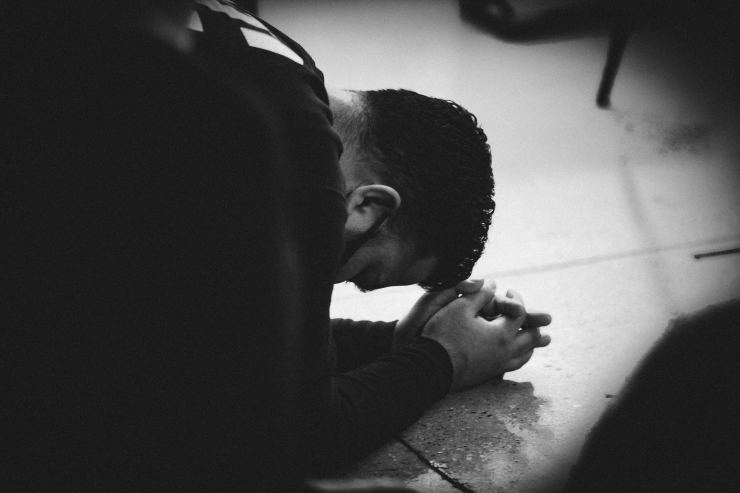
Through an interview published online on December 15, Religion Unplugged illuminated the integral role Christian groups undertake in grappling with India's mental health challenges. In the heart of Delhi, Nitin Kumar, a 22-year-old student, faced the darkest chapter of his life during the second wave of the pandemic—losing both parents. The ensuing mental health struggle led him to contemplate ending his own life. Yet, salvation arrived in an unexpected form—the mental healthcare services offered by the Young Men’s Christian Association (YMCA). In an exclusive interview with Religion Unplugged, Kumar shared how YMCA's counselling provided him with a lifeline at a minimal cost, emphasising the pivotal role Christian organisations play in India's evolving mental health landscape.
Kumar's story reflects a broader trend within India’s Christian community, which has emerged as a proactive force battling mental health challenges. Through initiatives like national helplines, counsellor training programs, and pastoral support, they aim to foster a mentally resilient society. This commitment to inclusivity underscores the universal nature of mental health issues, transcending religious boundaries and contributing significantly to awareness and care in the country.
India's struggle with mental health is a relatively recent conversation, marked by persistent myths and taboos. An alarming 60 to 70 million people contend with a spectrum of common and severe mental disorders in the nation.
According to the National Health Program led by the Ministry of Health and Family Welfare, 6% of Kerala's population is affected by mental disorders, and one in five people grapple with emotional and behavioural issues. Shockingly, the country leads the world in suicides, with an annual average of 800,000 cases, as per WHO statistics.
Chingngaihlian Tunglu, a mental health counsellor associated with YMCA, highlighted the uniform stigma across faiths concerning mental health. Despite the increasing focus on mental health due to COVID-19, she stressed the scarcity of mental health counsellors in India. Tunglu praised certificate courses offered by YMCA and other Christian organisations for bridging the gap. These courses, involving theoretical classes and practical experiences, play a crucial role in producing lay counsellors like Tunglu, who, while lacking licences, provide vital initial support to those in need.
However, the absence of a regulating body granting licences to lay counsellors like Tunglu remains a challenge. She advocates for a system allowing her to practise as a recognized mental healthcare professional, offering the necessary first aid for mental health issues.
In addition to YMCA, organisations like Urban India Ministries (UIM) contribute significantly to mental health support. UIM, in collaboration with the Christian Counsellors Association of India, organised the National Christian Counsellors Conclave in Bangalore, addressing the pressing need for emotional well-being. Brighton Anbu, a healthcare expert, highlighted the success of the event, with 100 Christian counsellors from across India participating. The collaboration also led to the launch of a national helpline (888-44-70705), available in five languages, further extending its reach.
Christian organisations not only offer mental healthcare services but also contribute to training more professionals. The UIM’s Family Training Institute offers programs like Masters in Family Life Education, equipping students to understand and address family-related issues. Olive Nagarajan, who heads the counselling department, emphasised the importance of preventive and curative measures, providing therapy for urgent care needs.
In the evolving landscape of mental health awareness in India, Christian organisations continue to play a pivotal role. As they expand their initiatives and courses, they not only address the immediate needs but also contribute to building a foundation for a more mentally resilient society.




